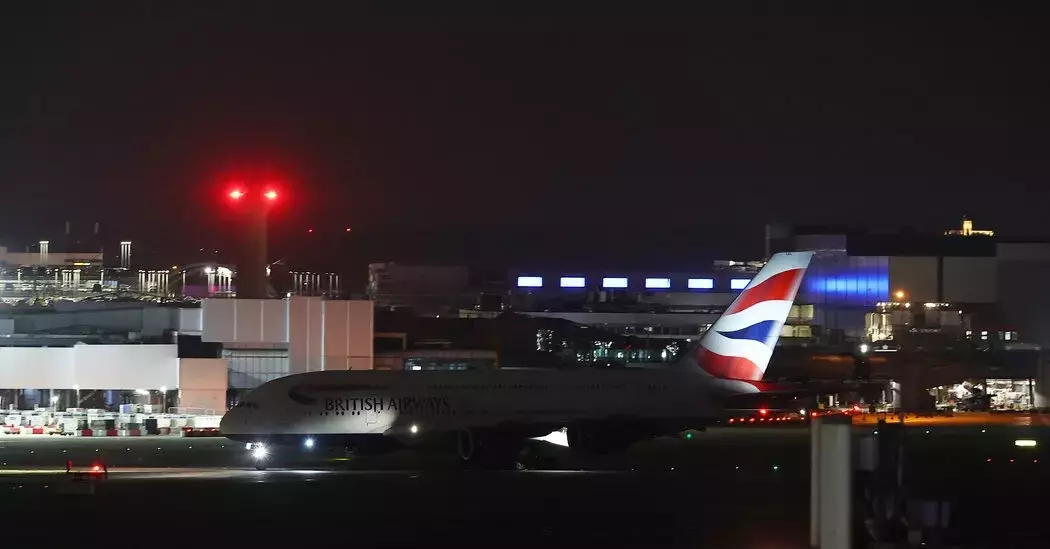
An electrical fire at a substation near London's Heathrow Airport caused significant disruptions, canceling or rerouting over 1,000 flights and affecting one of the world's busiest aviation hubs. The incident raised concerns about infrastructure reliability and prompted an investigation by counterterrorism authorities to determine its cause.
A blaze at an electrical substation located northeast of Heathrow Airport plunged the facility into chaos, halting operations at one of Europe’s most critical air travel centers. This event compelled the airport to suspend a substantial number of flights on Friday, impacting thousands of passengers worldwide. Although backup systems functioned as intended, they lacked sufficient capacity to sustain full airport operations. According to Heathrow's CEO, Thomas Woldbye, the scale of disruption was unprecedented, likening the power demands of the airport to those of a midsize city.
Late Friday evening, limited flight services resumed; however, complete operational recovery was anticipated for Saturday. British officials announced that counterterrorism police would spearhead the inquiry into the fire's origin. Initial assessments suggested no suspicious activity, yet investigations continued. Despite these findings, questions lingered regarding the resilience of Britain’s largest airport and its dependency on a single substation for power supply.
The economic impact of this outage remains unclear, but it has sparked discussions concerning the robustness of Heathrow's infrastructure. As emergency responders worked tirelessly to extinguish the flames at the Hayes substation in west London, stakeholders emphasized the importance of enhancing contingency plans to prevent future disruptions.
While precise financial losses from the incident are yet to be determined, experts stress the need for improved infrastructure planning to ensure uninterrupted service at such vital transportation hubs. Moving forward, lessons learned from this event will likely shape future strategies aimed at safeguarding global air travel networks against similar challenges.
